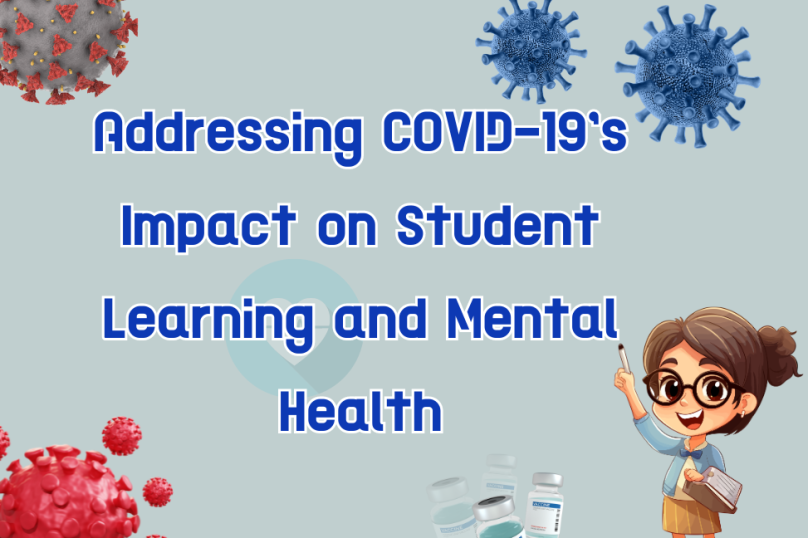Navigating the Educational Disparity: Addressing COVID-19’s Impact on Student Learning and Mental Health

The COVID-19 pandemic has spotlighted and intensified educational disparities, profoundly affecting students’ academic progress and mental health. With school closures and ongoing social isolation, the academic and emotional setbacks have been most severe among students from economically disadvantaged backgrounds.
As educators prepare for various schooling scenarios, whether in-person or remote, a crucial task lies ahead. They must tackle the significant challenges of helping students recover academically and maintain their mental well-being amidst continuous disruptions.
Recent studies highlight the severity of the situation, projecting substantial academic regression due to the pandemic. For instance, students might return to school with only a fraction of typical yearly academic gains in key subjects like reading and math. The disparity is more pronounced in reading, potentially widening the academic achievement gap.
Compounding the academic challenges are the mental health crises emerging from the loss of access to critical school-based services. Schools often provide essential mental health support, and their closure has disrupted this vital aid, especially impacting lower-income families disproportionately.
The research underscores the varied pace at which students will return to school. Some may have progressed, but many will have regressed significantly, increasing variability in academic levels within classrooms. Teachers will need to adapt to a broader spectrum of needs and capabilities.
To address these unprecedented challenges, educators should prioritize:
- Building Relationships: Establishing a supportive learning environment can mitigate the negative impacts of trauma and anxiety on students.
- Enhanced Diagnostic Testing: To understand the new baseline of student abilities and tailor the learning experience accordingly.
- Differentiated Instruction: Ensuring that all students, especially those vulnerable or with special needs, receive the attention and resources necessary to succeed.
In conclusion, the pandemic has necessitated a reevaluation of educational strategies. By focusing on inclusive and supportive teaching practices, educators can help bridge the gaps exacerbated by the pandemic, ensuring all students have the opportunity to succeed in these trying times.
For more blog : https://edustutor.com/blogs/


